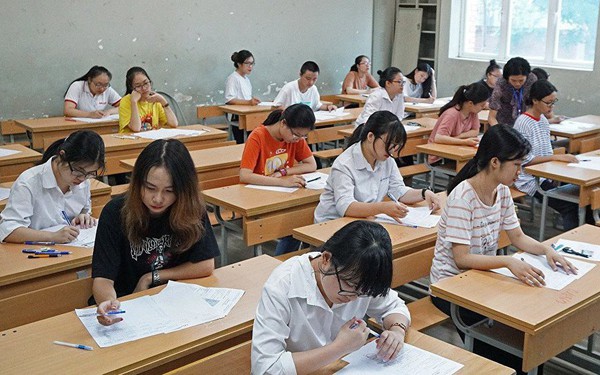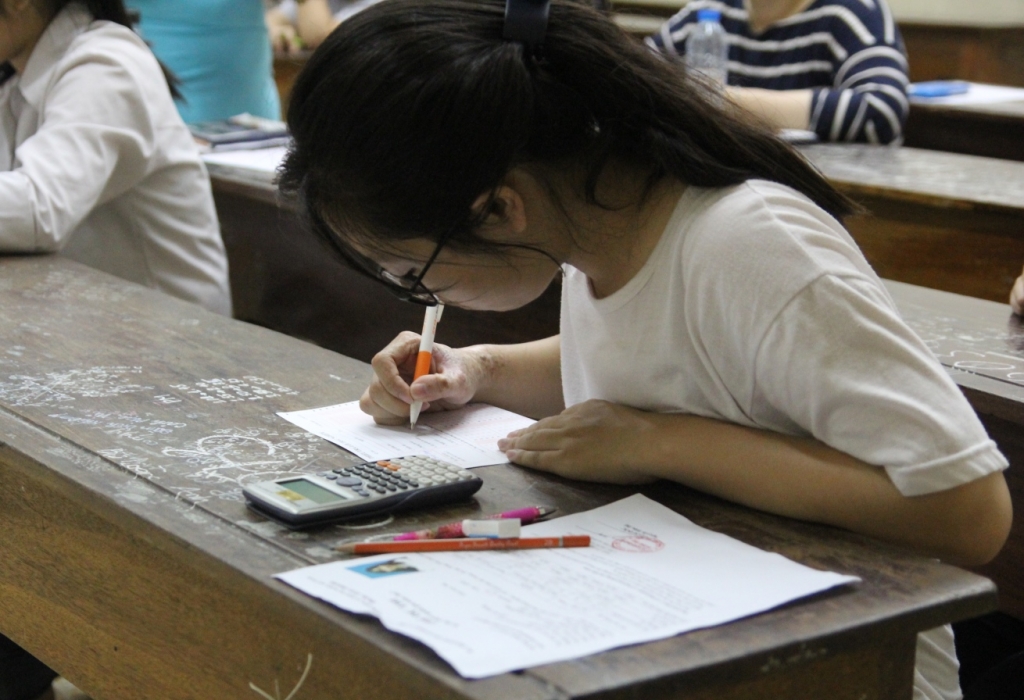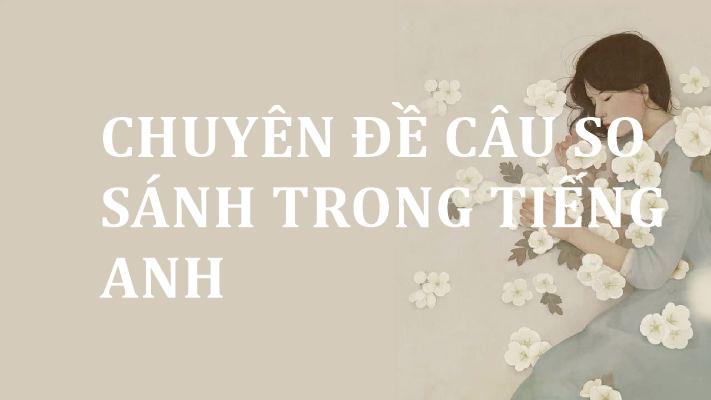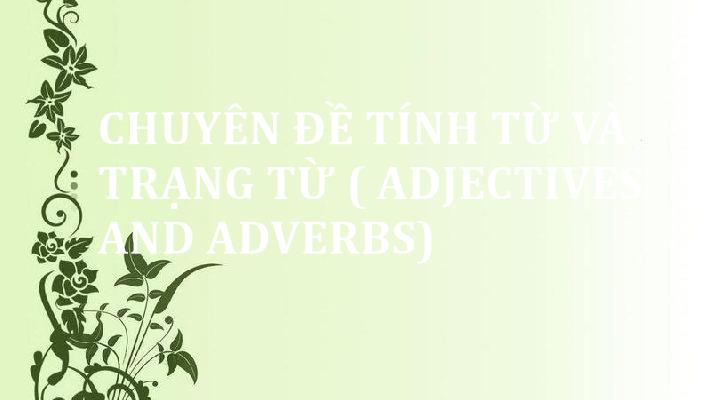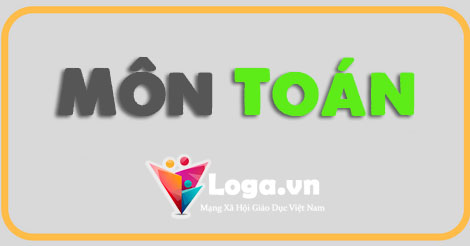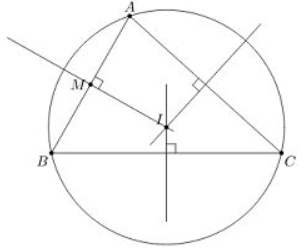Unit 8: Celebrations
A.Vocabulary
:
1. Agrarian (a) /əˈɡreəriən/
: thuộc về nghề nông
Eg: This is prime agrarian land.
2. Blossom (v) /ˈblɔsəm/
: ra hoa, trổ hoa
Eg: The cherry tree is beginning to blossom.
3. Apricot
blossom (n) /'eiprikɔt 'blɔsəm/: hoa mai
Eg: Apricot blossom is traditional
at Tet in the South.
4. Peach
blossom (n) /pi:t∫'blɔsəm/: hoa đào
Eg: Peach blossom is traditional at
Tet in the North.
5. Comment (n) /ˈkɒment/
: lời nhận xét, bình luận
Eg: He made negative comments to the
press.
6. Dress up (v) /dres
ʌp/ : ăn mặc đẹp
Eg: You don't need to dress up to go
to the mall, jeans and a T-shirt are fine.
7. Fireworks (n) /ˈfaɪəwɜːks/
: pháo hoa
Eg: What time do the fireworks
start?
8. Get together (v) /ˈɡet
təɡeðə(r)/ : tụ tập, đoàn tụ
Eg: Shall we get together on Friday and go for a drink or something?
9. Grand (a) /ɡrænd/
: hoành tráng, quan trọng
Eg: Tet is the grandest and most
important occasion in the year.
10. Green
bean (n) /ˌɡriːn ˈbiːn/ : đỗ xanh
Eg: ‘’ Banh Chung ’’ is made from
sticky rice, green beans and
fatty pork.
11. Influence (v) /ˈɪnfluəns/ : ảnh hưởng
Eg: People believe that what they do on the first day of the year will influence their luck during the whole
year.
12. Kumquat
tree (n) /ˈkʌmkwɒt triː/ : cây quất
Eg: Vietnamese families also buy home peach blossom trees, kumquat trees or orange trees at Tet.
13. Longevity
(n) /lɒnˈdʒevəti/ : trường thọ
Eg: He attributed his longevity to
exercise and a healthy diet.
14. Lucky
money (n) /ˈlʌki ˈmʌni/ : tiền mừng
tuổi
Eg: Children receive their ‘’lucky money’’
inside red envelopes.
15. Parade
(n) /pəˈreɪd/ : cuộc diễu hành
Eg: We used to go and see the Thanksgiving Day parade in New York.
16. Pine tree (n) /paɪn triː/ : cây thông
Eg: People decorate their houses with pine
tree at Christmas.
17. Plum (n) /plʌm/ :
quả mận
Eg: These plums are a bit sour.
18. Pray
(v) /preɪ/ : cầu mong, cầu nguyện
Eg: Many people go to pagoda to pray
for a happy year.
19. Represent
(v) /ˌreprɪˈzent/ : đại diện, tượng
trưng cho
Eg: The memorial represents the
sacrifice of men and women who gave their lives in war.
20. Shrine (n)
/ʃraɪn/ : đền thờ
Eg: They go to a shrine to pray for
a new year.
21. Pagoda
(n) /pə'goudə/ : ngôi chùa
Eg: Many people go to pagoda to pray
for a happy year.
22. Cauliflower
(n) /'kɔliflauə/: súp lơ, bông cải
Eg: Cook the cauliflower one hour in
salt and water.
23. Crop
(n) /krɔp/ : mùa vụ
Eg: After three crop failures in a
row, the people face starvation.
24. Evil
spirit (n) /'i:vl 'spirit/: quỷ
ma
Eg: The Tet tree is there to ward off evil
spirits.
25. Fatty
pork (n) /'fæti pɔ:k/: mỡ (heo)
Eg: ‘’ Banh Chung ’’ is made from sticky rice, green beans and fatty pork.
26. French
fries (n) /frent∫ fraiz/: khoai
tây chiên
Eg: We’ll have French fries for
dinner today.
27. Good
spirit (n) /gud 'spirit/: thần
thánh
Eg: The Tet tree is there to attract good
spirits and ward off evil ones.
28. Overthrow
(v) /ˌoʊ.vɚˈθroʊ/: lật đổ
Eg: He said that Allende's government in Chile was overthrown by the army and the CIA in 1973.
29. Positive
(a) /'pɔzətiv/: tích cực
Eg: The past ten years have seen some very positive
developments in East-West relations.
30. Preparation
(n) /,prepə'rei∫n/: sự chuẩn bị
Eg: The teacher didn't seem to have done much preparation for the class.
31. Roast
turkey (n) /roust 'tə:ki/: gà lôi
quay
Eg: They prepare a large meal with roast
turkey.
32. Sticky
rice (n) /'stiki rais/: nếp
Eg: ‘’ Banh Chung ’’ is made from sticky
rice, green beans and fatty pork.
33. Thanksgiving
(n) /'θæηks,giviη/: lễ tạ ơn
34. Lunar calendar (n) /'lu:nə
'kælində/: âm lịch
35. Solar
calendar (n) /'soulə 'kælində/ :
dương lịch
36. Mid-Autumn
Festival (n) /mid 'ɔ:təm 'festivəl/:
tết trung thu
37. National
Independence Day (n) /'næ∫nəl
,indi'pendəns dei/: ngày Quốc khánh
B. Phrases
and structures:
1. Build up: xây dựng, tích lũy
Eg: She does exercises daily to build
up her strength.
2. Pray for: cầu nguyện
Eg: Many people go to pagoda to pray
for a happy year.
3. Ward off (v) [wɔ:d]:
né tránh
Eg: The Tet tree is there to attract good spirits and ward off evil ones.
4. Be busy doing st: bận,
chăm chú làm gì
Eg: He was too busy talking
to notice us come in.
5. A great deal of +
(uncountable) N: nhiều, phần lớn…
Eg: She spends a good deal of
her time in China.
C. Grammar:
1. Đại từ ONE/ONES:
a. Giới thiệu:
ONE và ONES là đại từ dùng để thay thế cho
danh từ (số ít hoặc số nhiều) đã được đề cập trước đó nhằm tránh lặp lại nhiều
lần danh từ đó làm cho câu trở nên nặng nề.
Chúng ta dùng ONE thay cho danh từ số ít và
ONES thay cho danh từ số nhiều (thay cho danh từ chỉ người hay chỉ vật đều được)
Eg 1:
Mai: That’s my house. (Kia là nhà tôi.)
Hoa: Which one? (= house) (Nhà nào?)
Mai: The one with the white walls (Cái có những
bức tường màu trắng)
Như vậy chúng ta dùng ONE thay cho “house” và
tránh được việc lặp lại chữ “house” ba lần chỉ trong ba câu nói ngắn.
Eg 2:
Trung: Look at those boys! (Hãy nhìn mấy cậu bé kia!)
Minh: Which ones? (= boys) (Những cậu bé nào?)
Trung: The ones in white shirts and dark blue
trousers. (Những cậu bé mặc áo sơ mi trắng và quần xanh đậm)
b. Cách sử dụng ONE/ONES:
Ø Đôi khi chúng ta có thể dùng hoặc không dùng one /ones sau this, that,
these, those, each, another, which hoặc tính từ so sánh nhất.
Eg: The last question is the most difficult
(one).
( Câu hỏi cuối là câu khó nhất.)
Ø Chúng ta không
thể bỏ one/ones nếu chúng đứng sau the, every, hoặc sau tính từ.
Eg: The film wasn't as good as the one we
saw last week.
Ø Ta có thể nói a small one, a red one, v.v...
nhưng không nói a one.
Eg: I’d like a box of tissues. A small one,
please.
(Tôi muốn một hộp khăn giấy. Nhỏ thôi, làm ơn.)
Ø Ta dùng one và some/any khi điều ta muốn nói
chưa xác định, và dùng it và they/them Khi đã xác định rõ.
Eg: I haven't got a passport, but I'll need one
(one = a passport)
Eg2: I haven't got any stamps, but I’ll need
some. (some = some stamps)
Eg3: I’ve got my passport. They sent it last
week. (it = the passport)
Eg4: I've got the stamps. I put them in the
draver. (them = the stamps)
2. SOMEONE, ANYONE, EVERYONE, NO
ONE
a. SOMEONE (một người nào đó):
- Động từ chia số ít
- Thường dùng trong câu xác định và câu
khẳng định.
Eg: Someone is following me.
(Ai đó đang theo sau tôi.)
b. ANYONE: (bất cứ ai)
- Động từ chia số ít
- Thường dùng trong câu phủ định, nghi vấn.
Eg: Don't believe anyone in the house.
(Đừng tin bất cứ ai trong nhà này.)
c. EVERYONE (mọi/ mỗi người)
- Động từ chia số ít.
- Thường dùng trong câu xác định và câu
khẳng định.
Eg: Everyone has gone home.
(Mọi người đã về nhà.)
d. NO ONE (không ai, không người nào)
- Động từ chia số ít ở thể khẳng
định
- Thường dùng trong câu xác định.
Eg: No one can answer this question.
Notes:
+) NO, NONE (Không) (- không ai, không thứ gì cả)
Cần nhớ công thức biến đổi từ NOT qua NO và NONE như sau:
NOT + ANY = NO
NO + ANY = NONE
E.g: I don’t see any books on the table.
= I see no books on the table. (Tôi không thấy quyển sách nào trên bàn cả.)
= I see none on the table. (Tôi không thấy gì trên bàn cả)
+) - Someone = somebody, everyone = everybody
- Có thể dùng everyone trong câu hỏi.
Khi đó người hỏi muốn đề cập đến tất cả mọi người.
Eg: It’s a little noisy here. Can everyone hear
well?
(Ở đây hơi ồn. Mọi người có thể nghe rõ?)
D. Exercise:
Ex1:
Rewrite
the sentences, using the pronoun ONE(s):
Eg: These
cups are nice. Each one is hand-painted. (Each cup is hand-painted.)
1. I need to fill in a form about my
driving test, but ................……………………….
(I haven’t got a form.)
2. I’ve watched all these videos.
............................................................
(I must get some new videos.)
3. These photos are
good.................................................................................
(Have you seen this photo?)
4. I need a dinner-jacket for the party, so ................................................................
(I’ve hired a dinner-jacket.)
5. Those socks are horrible ...................................... ……………………………
(Can’t you find any nice socks?)
6. This map isn’t very good................................................................
(The map in the car is better.)
Ex2: Complete these sentences with someone,
something, anyone, anything, no one, nothing, everyone, everything.
1. We arranged the meeting, but _____ came.
2. Janet Jones is ______I rarely see
these days.
3. She valued friendship more than
_____in the world.
4. I always get to work before _____
else.
5. While you are making dinner, I’ll
get on with _____else.
6. Nothing has changed. _____ is the
same as it was.
7. I hope _____ will be comfortable
here. We try to make each guest feel at home.
8. We don’t think there’s _____wrong
with her reading ability,
9.
Hardly _____ turn up to the meeting.
10. I am not going to the party because
I’ve got _____to wear.
11. I thought I heard _____knocking at
the door.
12. _____ calls her Maggie, but her real
name’s Margaret.
13. The earthquake destroyed _____within
a 25-mile radius.
14. There was complete silence in the
room. _____said anything
15. Sarah was upset about something and
refused to talk to _____
KEY
Ex1:
1. I need to fill in
a form about my driving test, but I haven’t got one.
2. I’ve
watched all these videos. I must get some new ones.
3. These
photos are good. Have you seen one?
4. I need a dinner-jacket for the party, so I’ve hired one.
5. Those socks are horrible. Can’t you find any ones.
6. This map isn’t very good. One in the car is better.
Ex2:
1. We arranged the meeting, but no one came.
2. Janet Jones is someone I rarely see these days.
3. She valued friendship more than anything in the world.
4. I always get to work before anyone else.
5. While you are making dinner, I’ll get on
with something else.
6. Nothing has changed. Everything is the same as it was.
7. I hope everyone will be comfortable here. We try to make each guest feel
at home.
8. We don’t think there’s anything wrong with her reading
ability,
9. Hardly anyone turn up to the meeting.
10. I am not going to the party because
I’ve got nothing to wear.
11. I thought I heard someone knocking at the door.
12. Everyone
calls her Maggie, but her real name’s Margaret.
13. The earthquake destroyed everything within a 25-mile radius.
14. There was complete silence in the
room. No one said anything
15. Sarah was upset about something and
refused to talk to anyone

